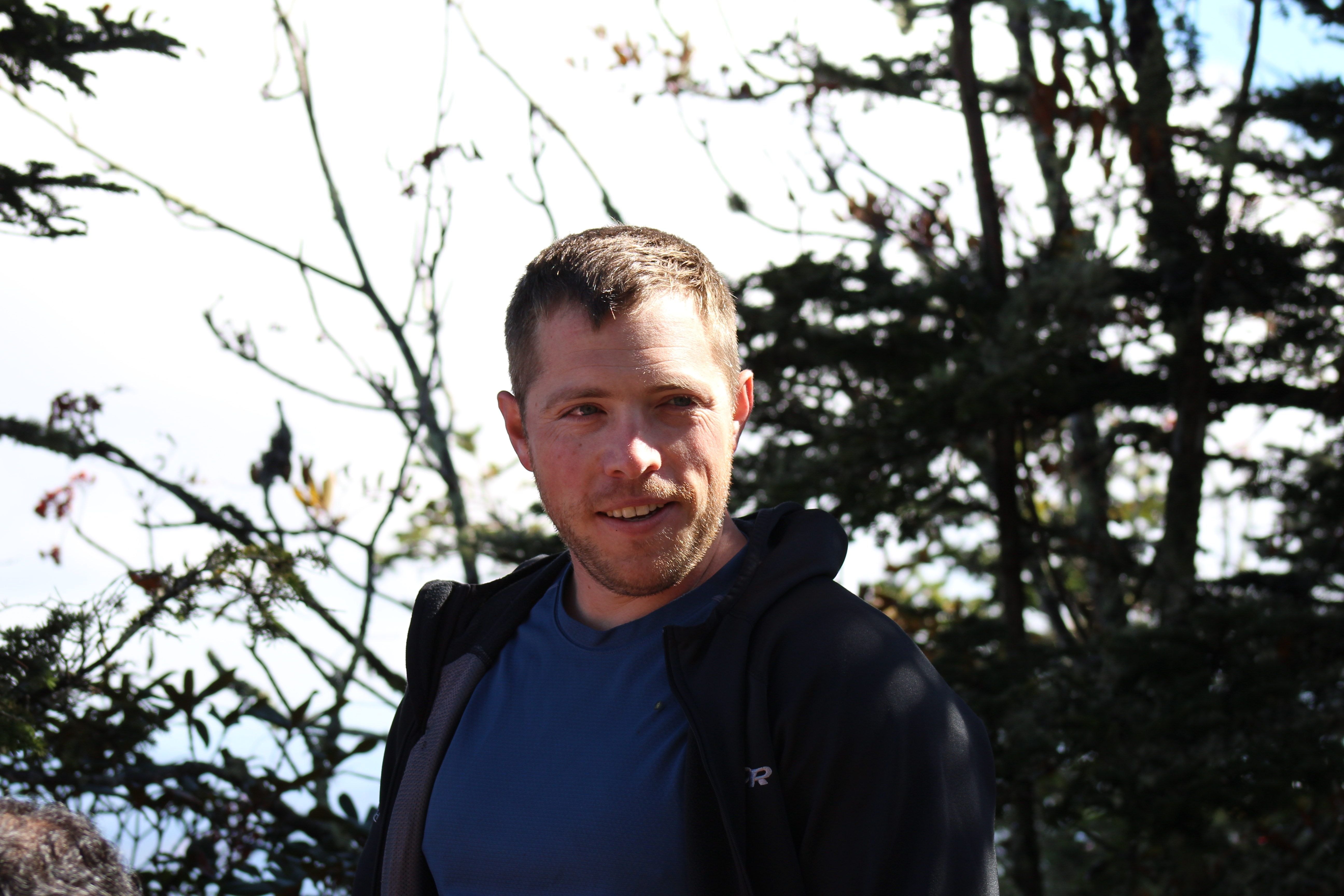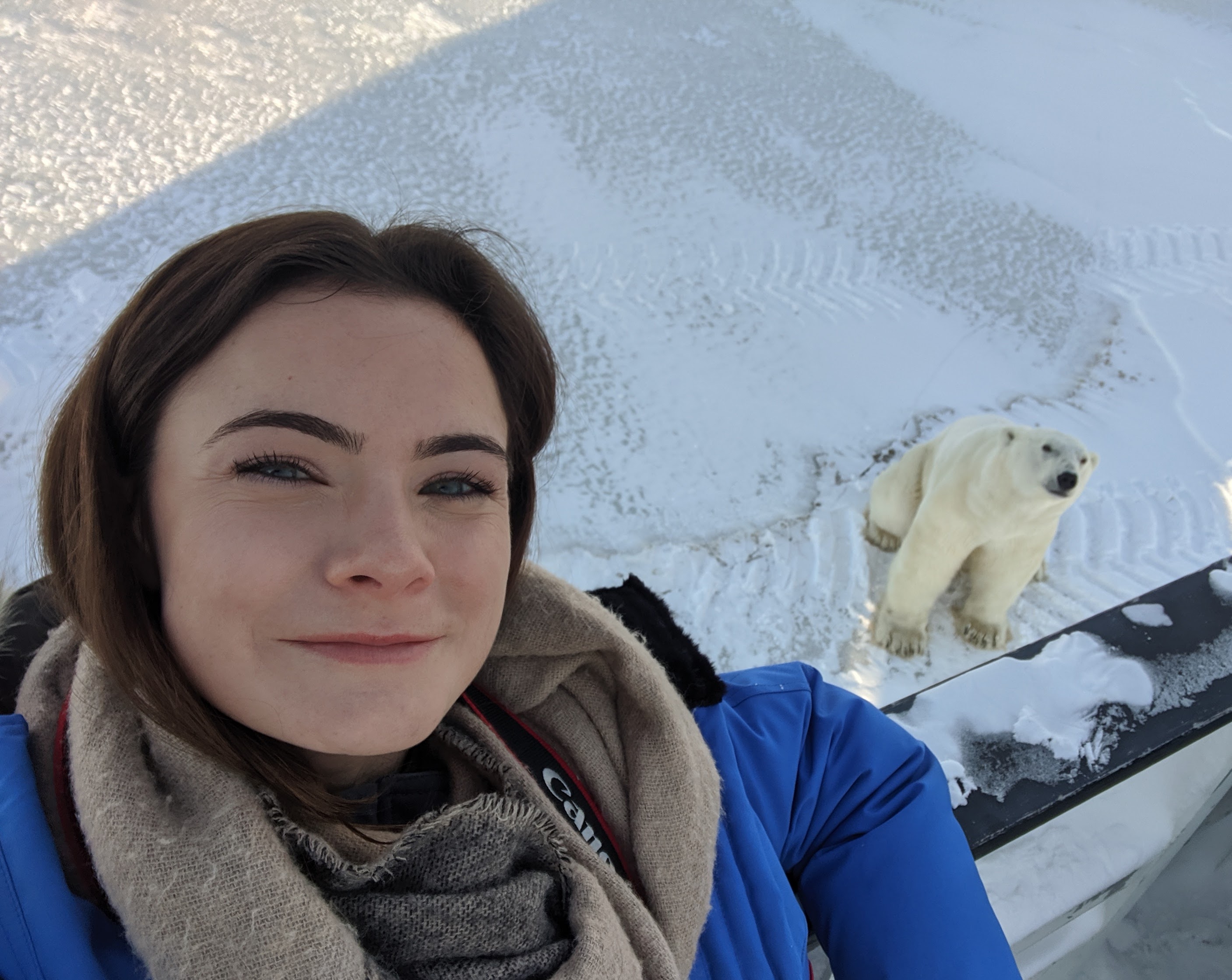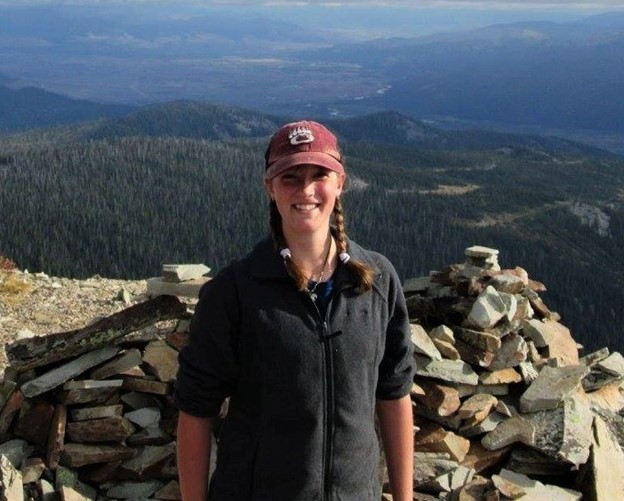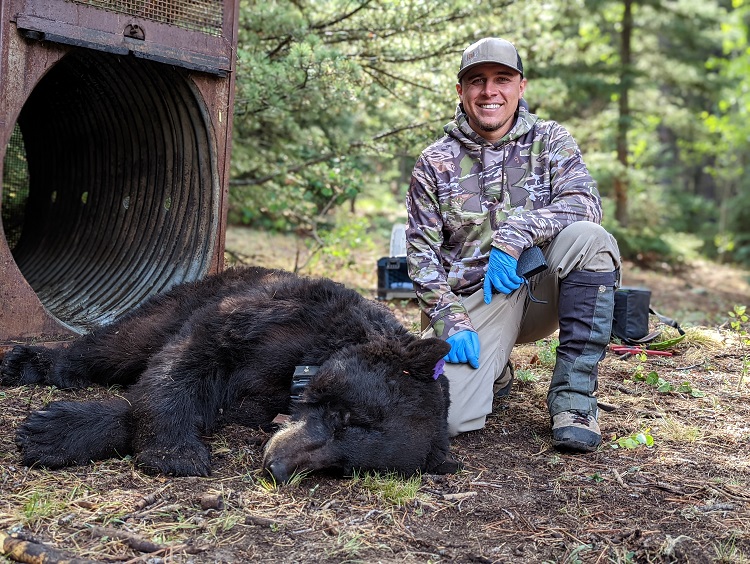Walsh Lab
Dr. John Draper, Postdoctoral Researcher

I am an ecologist focused on the spatial ecology of wildlife in North America. I aim to combine different aspects of ecology including genetics, diet, species interactions, dispersal and invasion, and anthropogenic forces like land ownership/management and wildlife management, with robust spatial analysis and simulation modeling. My current research focuses on the efficacy of altering harvest regulations such as bag limits and season lengths to increase the take of white-tailed deer in response to the spread of CWD.
Dr. A B M Shamim Ul Hasan, Postdoctoral Researcher

I hold a Ph.D. in Computer Science and Systems Engineering, specializing in mathematical modeling and simulation in Computational Medicine/Systems Biology. My research experience encompasses various postdoctoral positions, where I have made significant contributions to unraveling the complexities of biological processes. My work involves investigating factors influencing disease transmission, analyzing drug interactions, and optimizing dosages for drug development. As a dedicated researcher, I have constructed computational models to study gene regulatory networks, signaling pathways, and metabolic networks. My interdisciplinary approach aims to deepen the understanding of biological systems in disease and drug development. Committed to advancing knowledge and leveraging mathematical modeling, I am seeking to contribute meaningfully to the progress of data-driven mathematical model development, focusing on disease transmission, parameter estimation, and drug effectiveness.
Dr. Stephanie Penk, Postdoctoral Researcher

I am a postdoctoral researcher with the Montana Cooperative Wildlife Research Unit under the guidance of Dr. Dan Walsh at the University of Montana. I built a foundation in ecological studies with my undergraduate degree in Wildlife Biology from the University of Guelph. Following graduation, I took a position in the northeastern US performing surveys for endangered bat species that had been devastated by a human introduced disease. My hands-on experience with a serious conservation issue sparked my interest in wildlife disease research and a commitment to conservation. I completed my PhD in Ecology and Evolutionary Biology at the University of Toronto, I developed and used mechanistic models to answer questions about energetics and disease sources in polar bears. Throughout my doctoral research, I developed statistical and mathematical modeling skills that bring a quantitative approach to understanding ecological problems. My current research is focused on the use of a system dynamics approach to the management of chronic wasting disease in wild cervid populations, which integrates both natural and social variables into a modelling framework to better understand the interplay between each and identify leverage points within the system. Natural resources do not exist in a vacuum, working towards ecological models that include the social factors which can make or break management approaches is critical to developing better management tools for agencies.
Kaitlyn Strickfaden, PhD Student

I am a PhD student co-advised by Dr. Dan Walsh and Dr. Kelly Proffitt (Montana Fish, Wildlife and Parks). I am broadly interested in quantitative ecology and using ecological models to better inform wildlife conservation and management. I received my bachelor’s degree in Wildlife Biology from the University of Montana in 2018 and completed a senior thesis examining misidentifications in auditory avian surveys. I received a master’s degree in Natural Resources from the University of Idaho in 2022. For my master’s research, I used remote cameras to collect snow data and determine how snow-dependent wildlife species and ungulates are affected by spatial variability in snow conditions. My current research focuses on population dynamics in a bighorn sheep herd with chronic respiratory disease issues. I will determine how a test-and-remove strategy influences bighorn sheep survival in the Highland herd of southwestern Montana. I will also model the timing of potential disease transmissions and develop a disease model to predict the outcomes of different management strategies on herd size and health.
Colton Padilla, PhD Student

I am a PhD student in the Walsh Lab co-advised by Nick DeCesare from Montana Fish, Wildlife, and Parks. I received both my bachelor’s (2018) and master’s degrees (2023) from New Mexico State University. My master’s research focused on two separate disease systems: flea parasitism in deer mice and pneumonia in bighorn sheep. For field work, I trapped deer mice and surveyed them for fleas to determine if long-term vegetational change from megafires impacted flea parasite dynamics. On the other hand, I used management-focused disease testing data to quantify the impacts of Mycoplasma ovipneumoniae, climate, and population abundance on both desert and Rocky Mountain bighorn sheep lamb:ewe ratios. My current research focuses on creating an adaptive management framework to evaluate management actions aimed at improving population trends of bighorn sheep and mountain goats across Montana. To do this, we will be using integrated population models (IPMs) to link multiple data sources together and quantify impacts of management actions on vital rates, disease prevalence, and space-use. I am interested in quantitative ecology as a whole; however, I am particularly interested in habitat use, migration, and how space/resource use impacts the survival rates of ungulates. Apart from my research, I spend most of my free time hunting and fishing.
